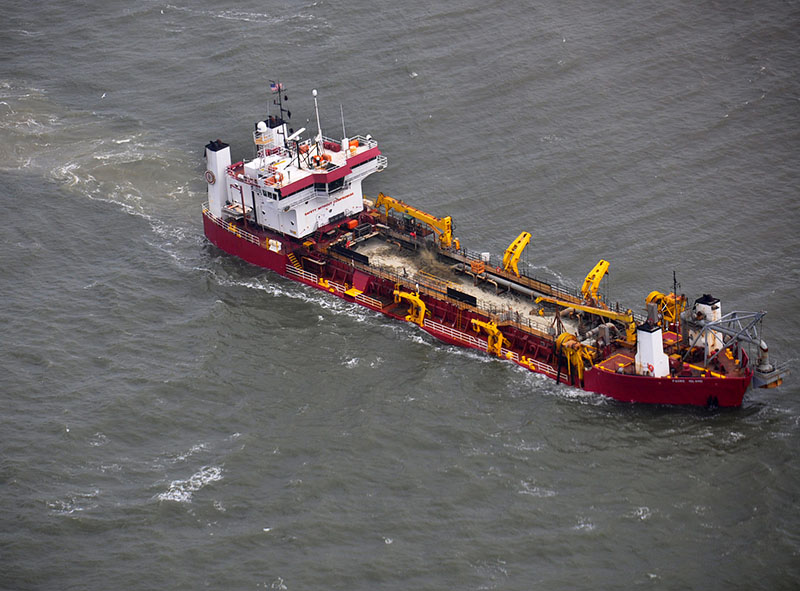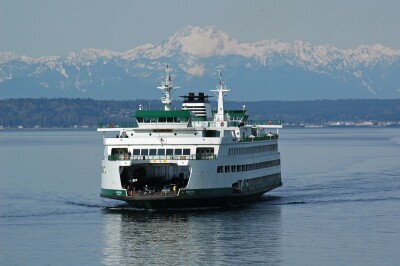In one of the last legislative acts before adjourning for the year, lawmakers approved the Water Infrastructure Improvements for the Nation (WIIN) Act, which includes the Water Resources Development Act (WRDA 2016).
The act included a provision that cut the cost share by nonfederal interests of harbor deepening projects with 45- to 50-foot drafts from 50% to 25%. This cost reduction is good news for several U.S. ports that are seeking drafts in this range.
The increase in the federal cost share of 45- to 50-foot harbor depth projects establishes a new baseline threshold for most large domestic harbors and ships. Previously, harbor depths over 40 feet were viewed as primarily serving bulk cargoes such as coal and grain. The increase was made to reflect the growing size of the world’s container fleet and marks the first time in 30 years the cost-share depth has been changed. The 45-foot depth was established in 1986.
Consequently, local sponsors of harbors that primarily serve containerized cargo will be the most affected by the increased federal share of deepening project costs. Port Everglades, Fla., was authorized for deepening in WRDA 2016. Other ports where containerized cargo makes up the majority of its total tonnage like Jacksonville, Fla., will also follow this path toward deepening.
The increased federal cost share for harbor deepening projects increases the incentives for local port interests to pursue such projects. Why? Because these deepening projects are now less expensive for local port interests because of the reduction in their share of construction costs. Local ports will argue that increased federal cost sharing for deeper harbors benefit national or regional economies.
However, one of the earlier arguments for cost sharing between federal and non-federal interests was that primary local beneficiaries should shoulder the increased costs of greater depths that are particular to specific harbors.
Brownwater interests will be encouraged by the increased federal cost sharing for blue water harbor deepening projects. This is an argument in the wings for continued federal cost sharing of inland waterway projects from the general fund and the Inland Waterways Trust Fund.





